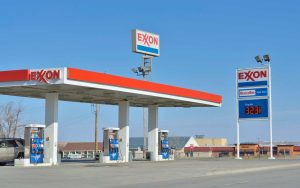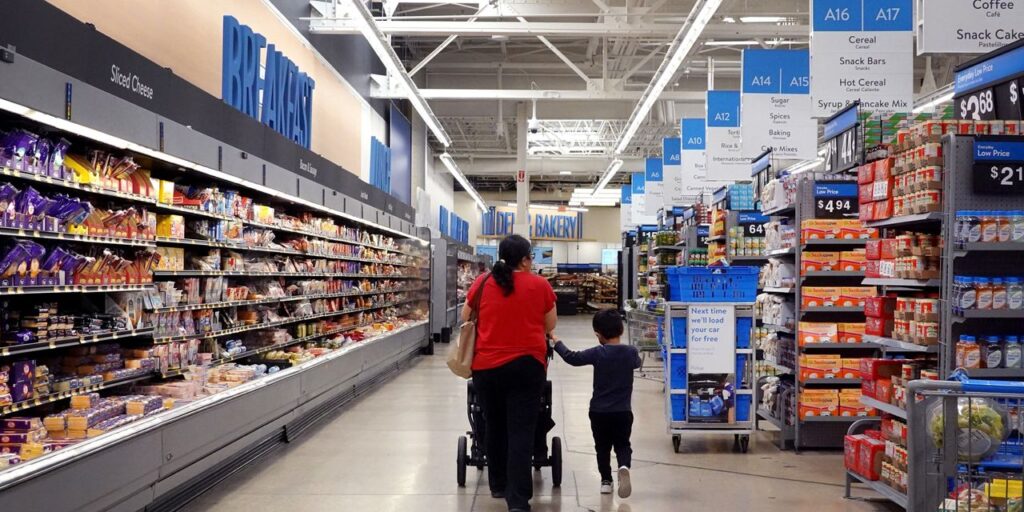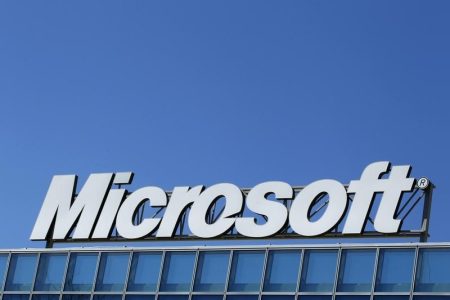The numbers: Sales at U.S. retailers jumped a bigger-than-expected 0.7% in September in a sign households have enough buying power to keep the economy expanding.
The increase was spurred by strong demand at auto dealers and online stores, the government reported. Higher gasoline prices also played a role, however.
Economists polled by The Wall Street Journal had forecast a 0.3% increase in sales.
Retail sales represent about one-third of all consumer spending and usually offer clues on the strength of the economy.
Yet September also falls between the busy back-to-school and holiday-shopping seasons and tends to reveal less about how consumers are doing.
Key details: Auto dealers posted a 1% gain in sales and helped to inflate the headline number. Auto sales account for about 20% of all retail sales.
Receipts at gasoline stations also rose nearly 1%, but that largely reflected higher gas prices and that’s not a good thing for households.
Retail sales advanced a still-robust 0.6% when car dealers and gas stations are set aside, which gives a better idea of consumer demand.
Sales at internet retailers stayed on a hot streak, rising 1.1%.
Sales climbed 0.9%% at bars and restaurants. Restaurant sales tend to rise when the economy is healthy and Americans feel secure in their jobs. Sales decline during times of economic stress.
Over the past year, restaurant sales have surged 9.2% — more than twice as fast as inflation.
On the negative side of the ledger, sales fell at big-box electronics stores, clothing stores and home centers such as Home Depot
HD,
and Lowe’s
LOW,
Sales in August were also revised up to show a 0.8% increase instead of 0.6%.
Big picture: The retail sales report is the latest to suggest the economy is still expanding at healthy pace and perhaps not decelerating as much as the Federal Reserve would like to help slow the rate of inflation.
Consumer spending has stayed fairly healthy because of rising wages and the lowest unemployment rate in decades. What’s more, incomes are finally increasing faster than inflation for the first time in a few years.
Yet higher interest rates are pinching households and businesses and are bound to slow the economy in the months ahead. If so, retail spending is also likely to soften.
Looking ahead: “Consumer spending shows little sign of flagging, especially when purchases increased on everything from durable goods, such as autos, to the least durable goods, food and drink at bars and restaurants,” said Robert Frick, corporate economist at Navy Federal Credit Union.
“As long as the jobs market remains healthy, consumers should have the cash and confidence to maintain spending.”
Market reaction: The Dow Jones Industrial Average
DJIA
and S&P 500
SPX
fell slightly in Tuesday trades.
Read the full article here











